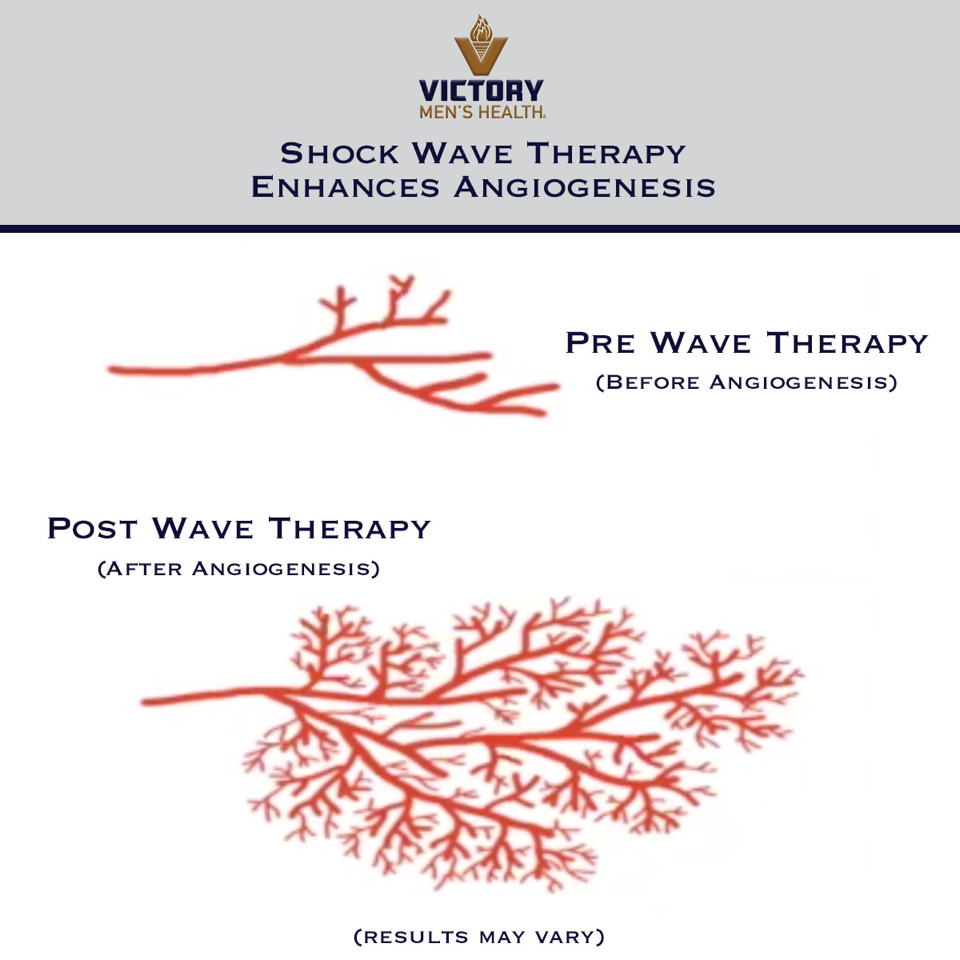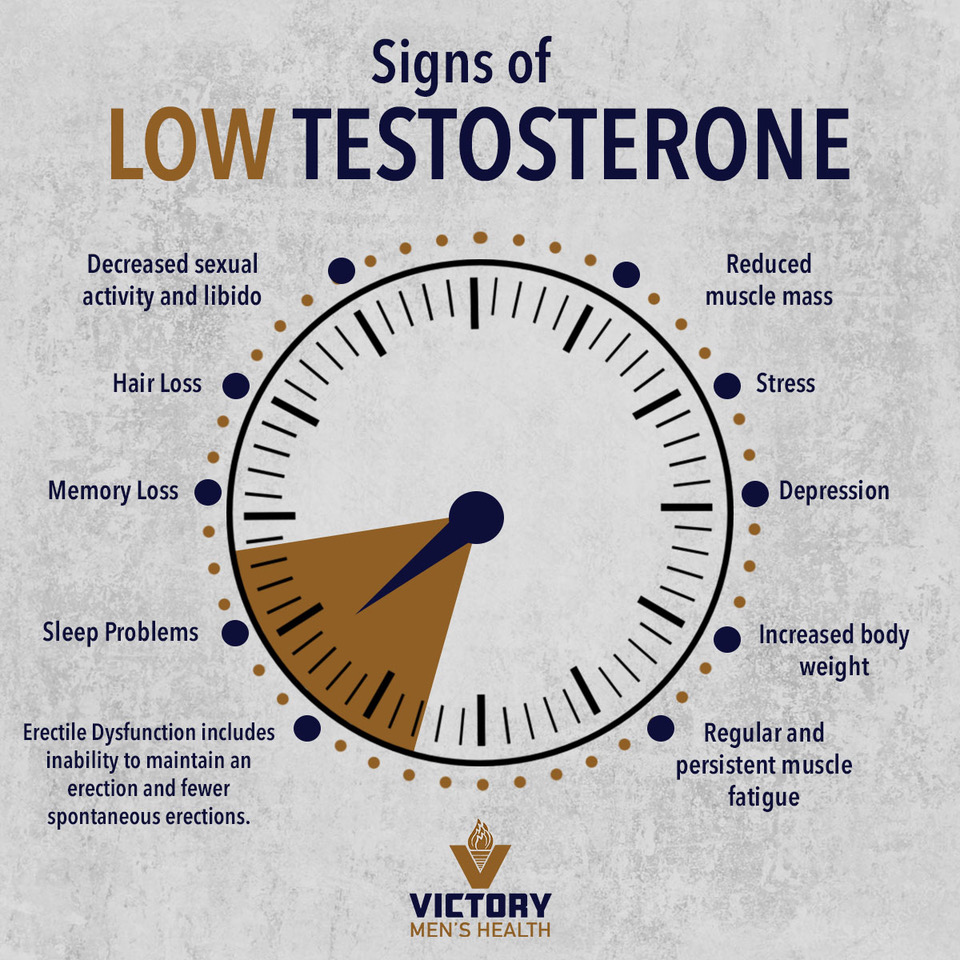Erectile dysfunction isn’t just about not “getting it up.” For a lot of men, it’s about losing sensitivity, finishing too soon, or struggling to stay firm. And it’s not just something older guys deal with—ED can show up as early as your twenties. In fact, research shows up to 70% of men experience some form of ED by age 70. The good news? There are proven ways to help if you want to know how to get a great erection.
Whether it’s occasional or a constant frustration, there are real ways to improve your performance and feel confident in the bedroom again—starting with the basics. In this article, we’ll explore the most effective ways to get a strong erection naturally, as well as some non-invasive options to explore if lifestyle changes alone aren’t enough.
How to Get a Great Erection Naturally
You don’t always need a prescription to start improving your erections. In fact, some of the most effective ways to boost performance come down to how you move, eat, sleep, and manage stress. These natural strategies help support healthy blood flow, optimize nitric oxide levels, and keep your hormones in check—without the need for medication or procedures. If you’re ready to take control of your sexual health, start with these proven ways to get better erections:
- Exercise
- Nutrition
- Limit Alcohol
- Evaluate Your Stress
- Stop Smoking
Exercise
Research shows 40 minutes of moderate to vigorous exercise three times per week is needed for improved erections. The key is to get your heart rate above resting and to break a sweat. Your heart and your hard on both rely on blood flow so it makes sense that they would be linked.
The blood vessels in the penis are about 1-2mm, whereas the blood vessels to the heart are 3-4mm. Research shows erectile dysfunction is an early sign of clogged arteries which could lead to heart disease, hypertension, heart attack or stroke down the road. So, get your sweat on to improve your health and your erections.
Nutrition
Eat your fruits and veggies. Vegetables rich in nitrate and nitrites can be converted into nitric oxide (NO). NO is the key molecule to get an erection. Foods rich in NO include green leafy vegetables (kale, arugula, spinach), beets, radishes, cabbage.
Fruits can provide us with antioxidants that can help protect tissues in the body and lower risks for cardiovascular disease. A healthy diet does not mean you have to lose weight but instead improve the quality of the food you eat. Your erections are what you eat!
Limit Alcohol
A few drinks may get you in the mood, but any more than that can be a “Debbie Downer” for erections. Alcohol acts as a central nervous system depressant decreasing overall arousal making it difficult to get and maintain an erection.
Evaluate Your Stress
75% of Americans report having stress that impacts mental and physical health. Common issues that can lead to ED include performance anxiety, relationships, jobs, and financial burdens. Psychological factors are the most common cause of ED, so it’s important to incorporate stress-reducing practices into your routine if needed. This could mean deep breathing exercises, practicing yoga or meditation, journaling, or going for walks outside.
Stop Smoking
A study at the University of Kentucky, found that when asked to rate their sex lives on a scale of 1 to 10, men who smoked averaged about a 5, while nonsmokers rated theirs a 9. Smoking also leads to restricted blood flow and depletion of NO which makes it harder to maintain erections over time.
What to Do for ED if Lifestyle Changes Aren’t Enough
Lifestyle factors all in check and still not seeing improvements? There are more options now than ever to maximize erections without invasive procedures like implants or injections. Start with these non-invasive options to address ED:
- Optimize Nitric Oxide
- PDE-5 Inhibitors
- Shockwave Therapy
Optimize Nitric Oxide
Nitric Oxide (NO) is the chemical that penile nerves release in order to dilate the arteries which in turn increases blood flow to the penis. Simply put, no nitric oxide no erection. The key to getting and maintaining erections revolves around continuous activation of nitric oxide. Starting in your thirties, nitric oxide production begins to decline by roughly 20% every 10 years.
Most men over the age of 65 have lost 85% of their ability to make nitric oxide. We often think of erectile dysfunction as an older man’s issue when in fact it can begin effecting men in their 30’s. Factors influencing the decline in natural production of nitric oxide include aging, oxidative stress, lack of exercise, poor nutrition, diabetes and smoking.
PDE-5 Inhibitors
Medications like Viagra and Cialis work by blocking the body from metabolizing nitric oxide. A reduction in nitric oxide will reduce arterial dilation which in turn reduces blood flow to the penis this is why many men have no problem getting an erection but have trouble maintaining one.
Picture this: PDE-5 inhibitors act as the offensive line and nitric oxide is the quarterback. If nitric oxide gets sacked, you don’t!
Shockwave Therapy
Also known as wave therapy, shockwave therapy is a non-invasive procedure that improves the health of the blood vessels. Healthier blood vessels increase blood flow into the penis which improves erectile function. This is a painless, in-office procedure that creates “micro-trauma” or inflammation in the blood vessels of the penis. Your body responds by bringing growth factors to the area helping to rebuild and create new pathways for increased blood flow.

Take Control of Your Sexual Performance Today
When it comes to your sexual health, you should never have to settle for “just okay.” Whether you’re just starting to notice changes, or you’ve been dealing with ED for a while, there are real, effective solutions out there—from simple lifestyle upgrades to more advanced ED treatments when needed. The key is knowing where you’re at and having a plan that actually works for your body.
At Victory Men’s Health, we specialize in men’s sexual health and work with you to get to the root of the issue. Our goal is to help you feel more confident, perform better, and take back control. Contact us today to book a consultation and begin the path to enhanced health and vitality.
